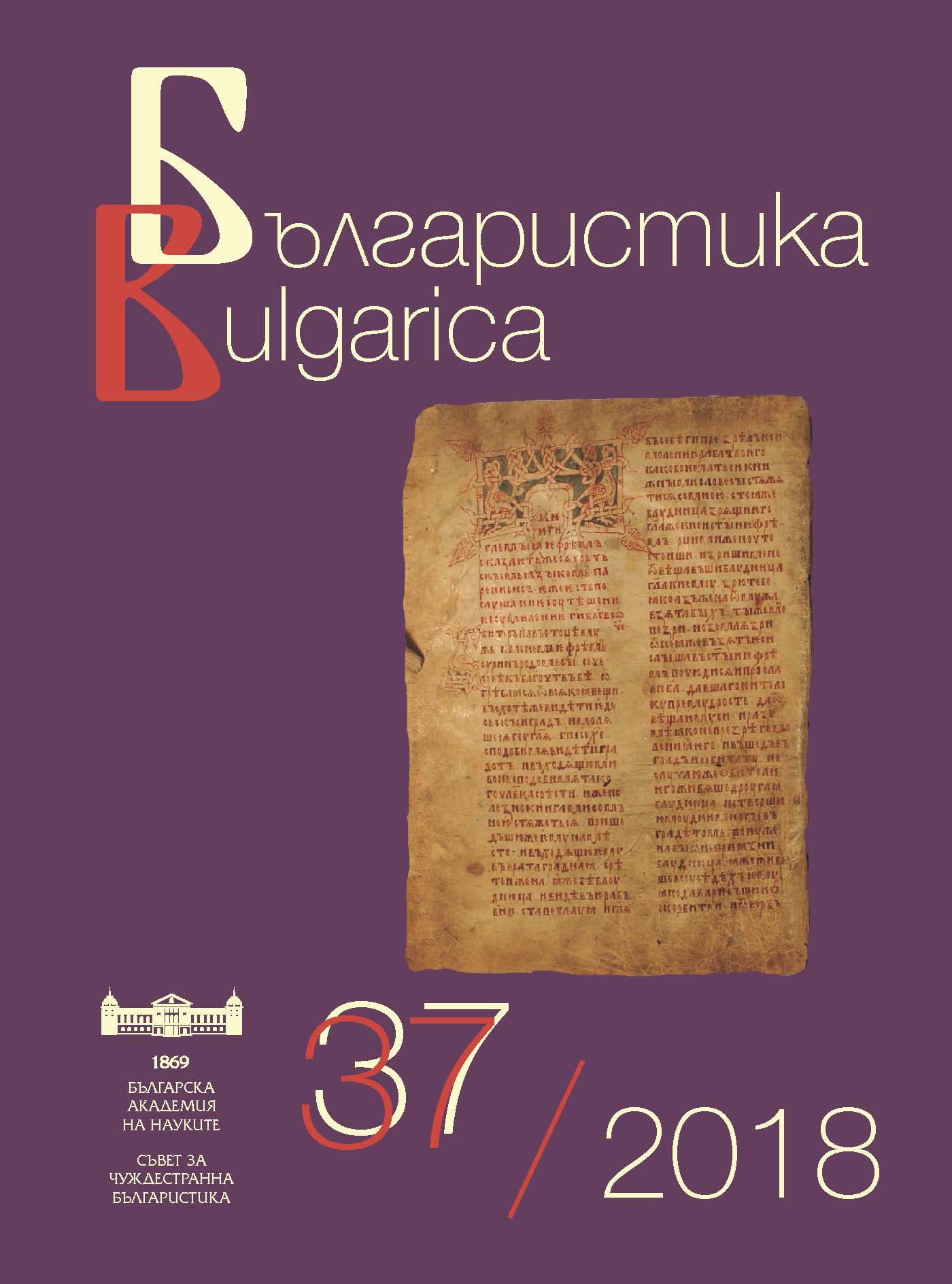
We kindly inform you that, as long as the subject affiliation of our 300.000+ articles is in progress, you might get unsufficient or no results on your third level or second level search. In this case, please broaden your search criteria.






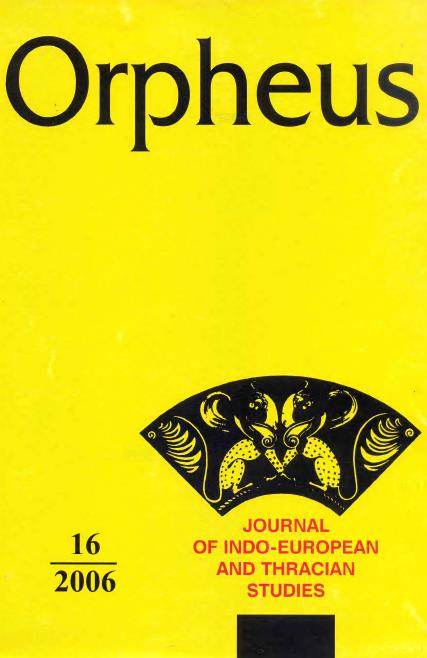




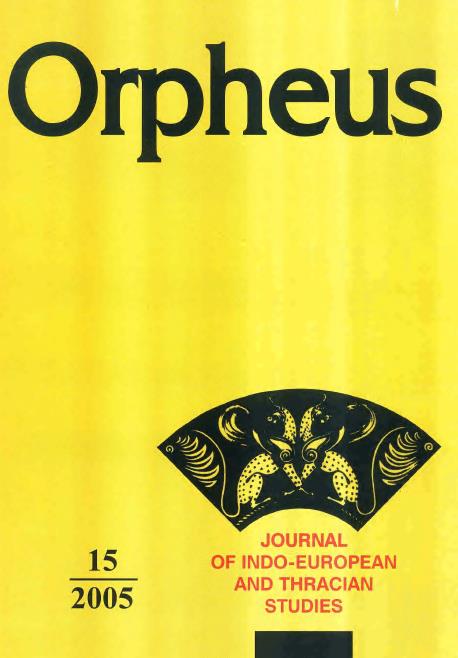

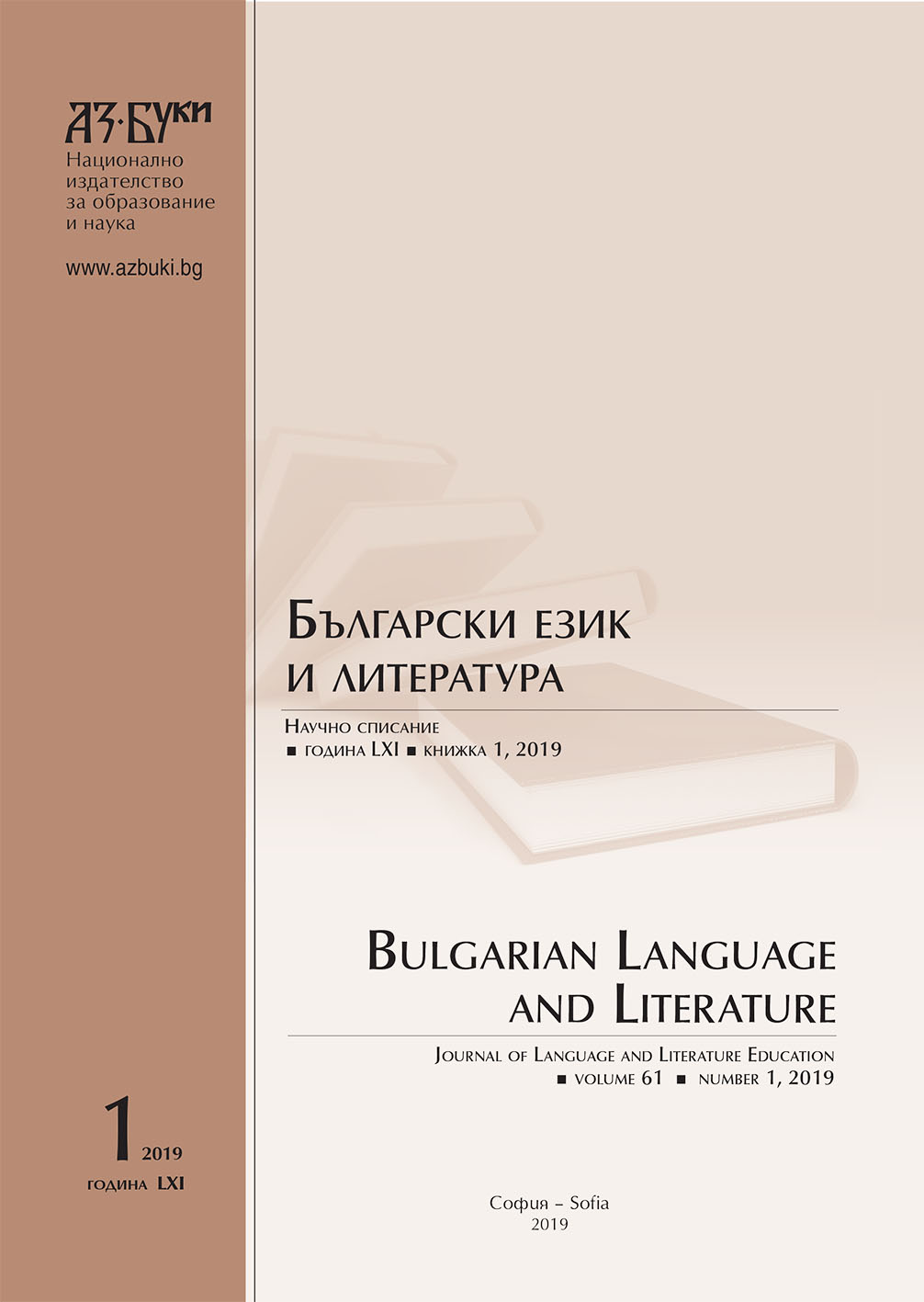
The general methodological consideration behind this text is the denial of the vision of scientific progress as a forward movement from a fixed achievement to a subsequent fixable result, which is taken as a result as in some aspects looks like the former analogue. The view taken in this article is a consequence of the analysis of the reflection on the nature of the Wittgenstein language and the self-reflection of linguistic research in the paradigm of bio-linguistics (Chomsky). This analysis shows that both in language itself and in the scientific method of generativism as a program contain the ideas of self-healing and even self-denial, and precisely these moments set the possibility of development, i.e. progress and performance.
More...
This paper presents the results of a comparative analysis of Bulgarian and Russian zoomorphic similes that reflect the way of life and living conditions of the two peoples. The types of semantic structure equivalence between Bulgarian and Russian zoomorphic similes are identified. We cite synonymous sets of zoomorphic similes with common meanings. The analysis we performed shows quantitative differences between the two languages in the occurrence of zoomorphic similes in this semantic field. This makes it possible to identify significant linguocultural gaps in one of the two languages.
More...
The article discusses if the retelling can be used for assessing tool on the exam for the 7th grade application. The choice of this genre over other student texts is not justified. By analyzing the examinations, it is concluded that the retelling does not give an objective picture of the knowledge as for its creation influence factors such as memory, concentration and attention which are outside the curriculum. The accuracy of some of the criteria on which it is assessed is questionable. The retelling requires a way of working with information that is totally different from the methods of the digital age.
More...
Talks with Svetozar Igov mirror the innermost spiritual autobiography of a scientist, his experience in/with literature. But “Svetozar Igov case” is not only a personal biografema. In it – differently – looking and spiritual biography of a generation in Bulgarian literature. This is a sign, symptomatic episode, it must be meaningful as such. Fraying will shed light on many other “improbable” cases. Although every fate is unique in its own way ... But in his case be removed fate of many of this generation whose personal destinies will remain “listed” and will sink into the darkness as “implausible” ... In the second, interpretive part of Antonia Velkova Igovs personality is a mirror in “high waters” of humanitarian thought, social psychology, cultural anthropology.
More...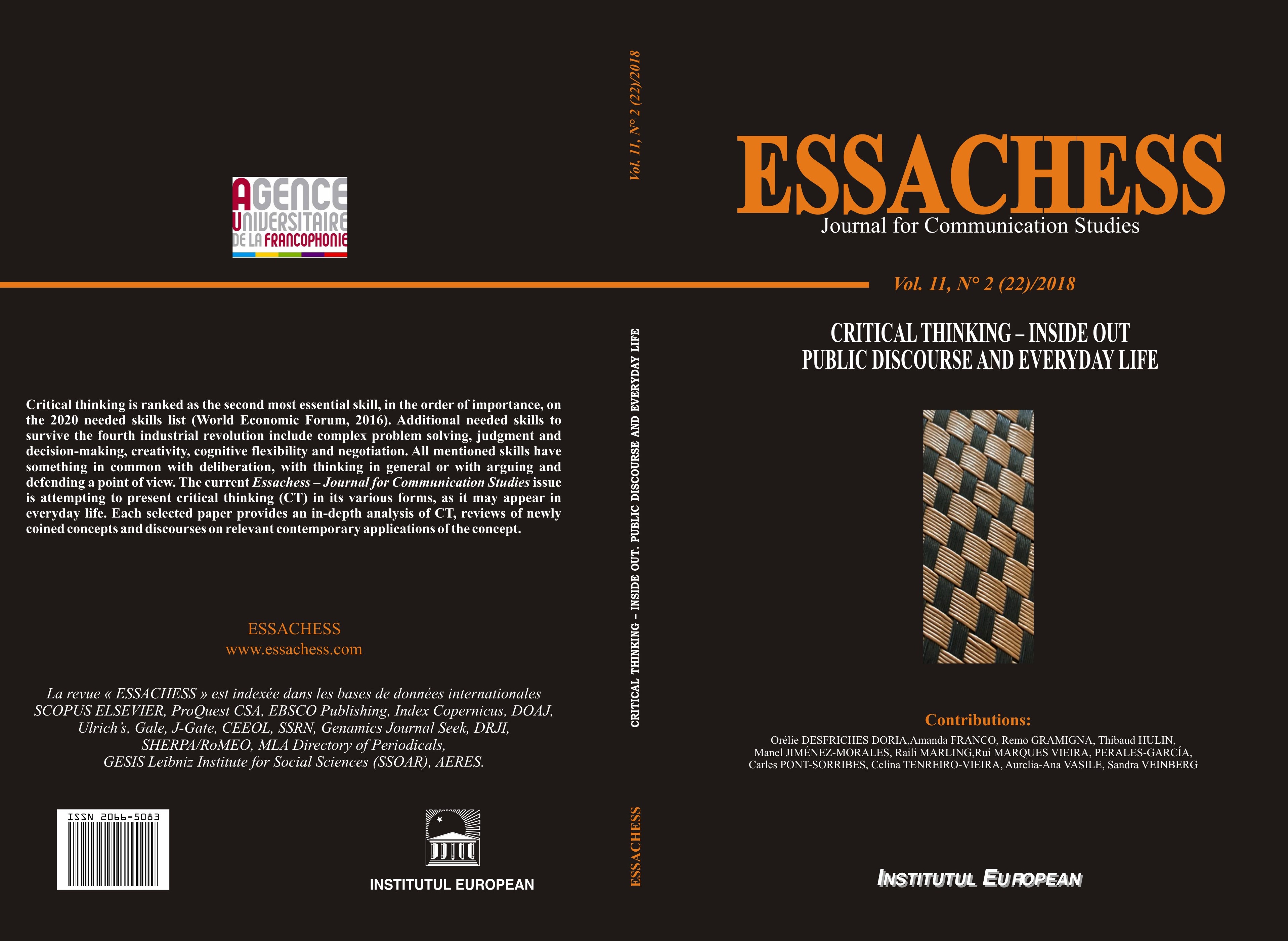
The generation of so-called digital natives assumes the paradox of having a series of competences for which they have not been trained: those related to transmedia and digital communication. Their context and their surroundings make them prone to an everyday and effective use of nwe technologies, but not necessarily reflective, mature and appropriate. This article presents an analysis on the crossing of competences related to Transmedia Communication and those that have to do with Critical Thinking. Its fusion is what we have called Transmedial Thinking. To this aim, a case study has been taken as a reference, the Guidance Project by the Pompeu Fabra University, in Barcelona. Through it, a series of university and secondary school students develop Transmedia and Critical Thinking skills that enable their personal and social empowerment.
More...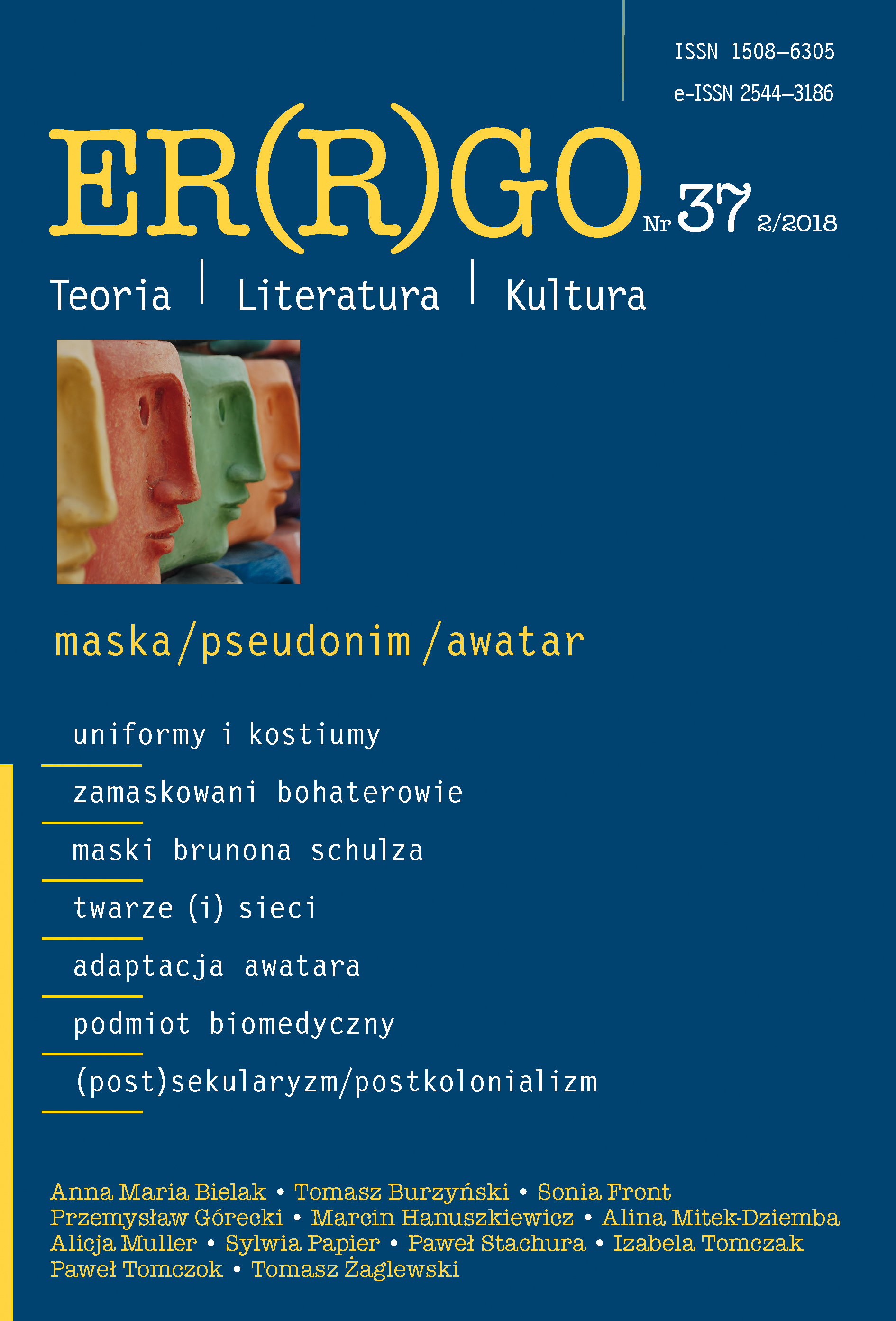
Even though it is difficult to imagine a phenomenon more closely intertwined with the processes of colonization and decolonization than secularism, there are scant references to it in the postcolonial writing and accompanying critical theory. The critics’ reticence seems hardly justifiable considering the fact that secularization processes have been in the centre of the hottest political and ideological debate for more than a decade now, while their critical examination and evaluation appears inevitable due to the ongoing process of undermining the historical view of the religious vs secular divide by alternative ways of ordering the public space in non-Western societies, especially as the latter have also become, on the immigrants’ arrival and vocal presence, a powerful factor in the political game played out within Western countries. As the violent course of events after 9/11 has prompted most of the postcolonial critics to perceive Western democracy and secularism in the black-and-white mode by inscribing it in the Eurocentric and colonial framework, the secular-religious opposition has become one of the postcolonial studies’ fundamental dichotomies that it seeks to transgress and overcome, even though the attempt may well be in vain. Consequently, the term “postsecular,” despite all the subtlety with which it was introduced into the fields of philosophy, theology, sociology and literature, has come to indicate a posture of critical aversion to the secularist order as quintessential for the Western modernity and Enlightenment project and opting for the radical division between the public reason and the need for faith. The aim of the article is thus to examine the meanings ascribed to the terms such as “postsecularism” and “postsecular spirituality” in postcolonial theory, as well as to evaluate the attempts at their application to the field of literary studies.
More...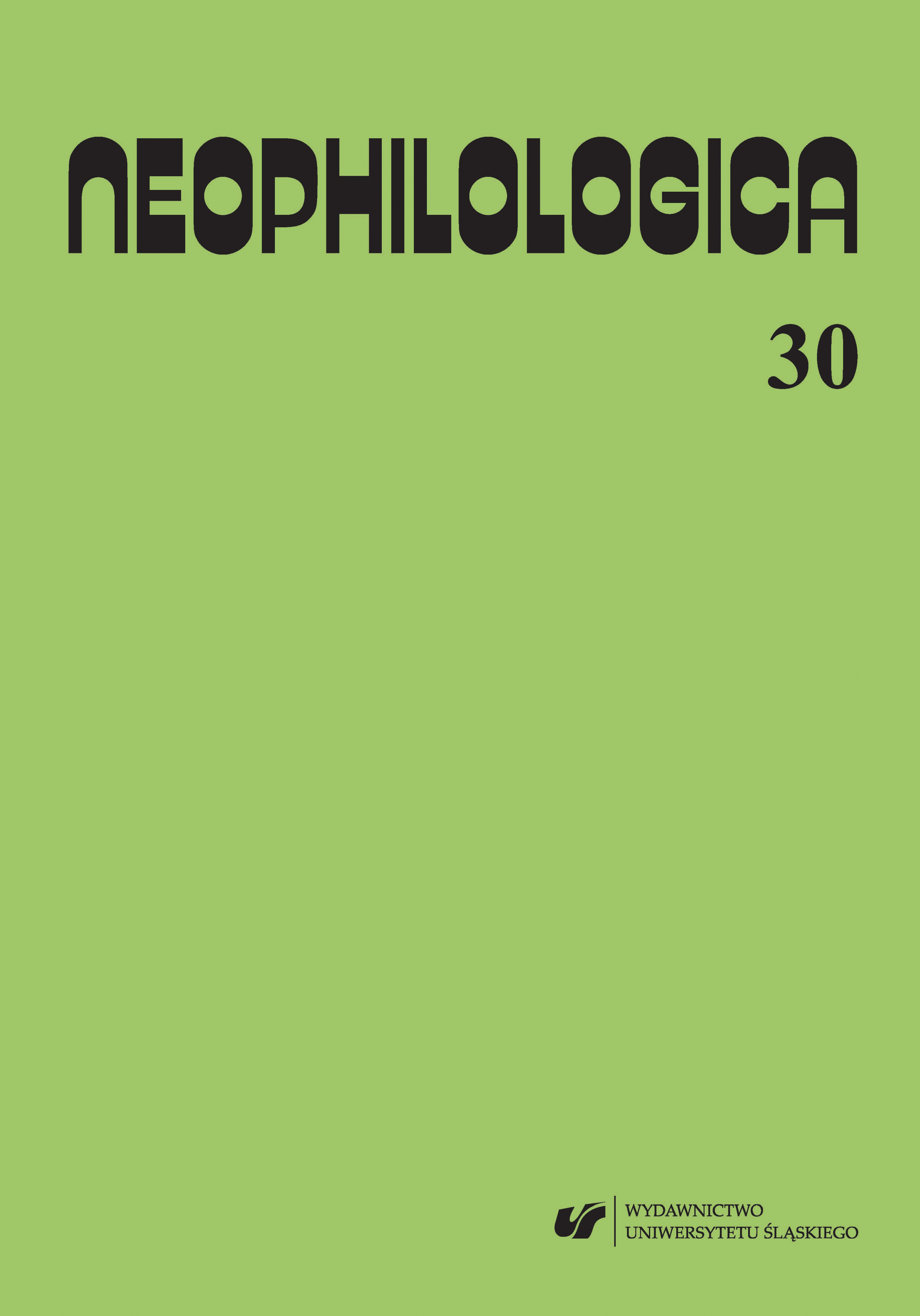
In this text we will briefly discuss some examples of the influence of the chosen philosophy and epistemology leading in a natural way to a change in research paradigm and consequently to a change in methods of linguistic description. We will present two types of situations: • The situation where one arrives at the same types, basically, of descriptive methods in the same discipline starting from different philosophical and epistemological foundations, generally without being aware of it or without having specified them (see, e.g., Predicates-Arguments Structures vs Object-Oriented Approach vs Classes of Objects vs. SketchEngine). • The situation where one arrives at the same types, basically, of descriptive methods in different disciplines starting from different or similar philosophical and epistemological foundations (see e.g., Object-Oriented Approach, Classes of Objects vs Ecological Psychology / Incorporated Radical Cognition). In a “good method”, descriptive methods derive from the philosophical and epistemological foundations adopted consciously or unconsciously. Sometimes, if the choices are more operational and more practical applications oriented, in “normal science”, in T. Kuhn’s terminology, one must go backwards to discover these foundations from the chosen descriptive principles. At the same time, different philosophical foundations can lead to the same types, at least roughly, of descriptive methods of reality. The descriptions made in the framework of different paradigms, like these paradigms, are complementary and, in the last instance, “cumulative”, thus giving a more complete description of the reality, which, while submitted to different visions, does not, naturally, change.
More...